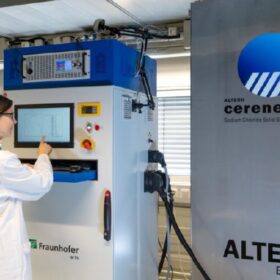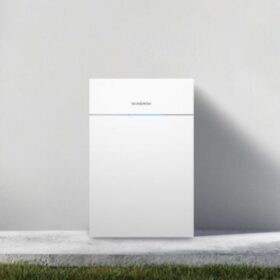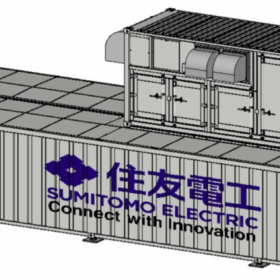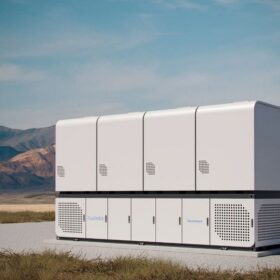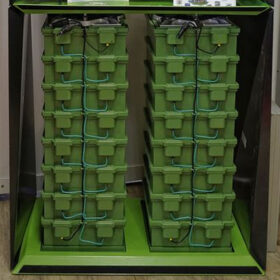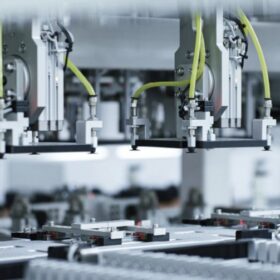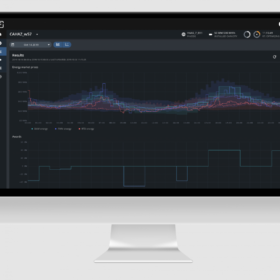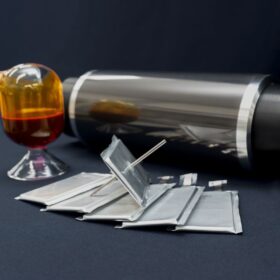CATL unveils 587 Ah battery energy storage cell
The competition in the development of large-capacity cells is heating up, with the industry’s top player stepping up to shape the new standard in the battery energy storage space.
Altech secures permit to build sodium-ion battery factory in Germany
The German subsidiary of the Perth-based sodium chloride solid-state battery specialist is moving ahead with its plans to build a 120 MWh production plant in Germany. The project is expected to amount to about $267 million.
Sungrow unveils 5 kWh home battery system
Sungrow’s new residential battery energy storage system features a compact 182 mm design and is capable of handling a maximum charge/discharge current of 50 A.
Sumitomo Electric launches vanadium redox flow battery with 30-year lifespan
Sumitomo Electric’s new system comes in three versions, providing up to 10 hours of storage. It achieves improvements in output and energy density, through component enhancements, thereby reducing cost and physical footprint.
Fluence launches highly-modular 7.5 MWh AC-based BESS platform
The system features an innovative split design breaking away from the industry standard 20-foot container. It is configurable for storage durations of two to eight hours.
Sodium-ion batteries face uphill struggle to beat lithium-ion on cost
A new Stanford University study finds that there are several key routes that sodium-ion battery developers can take to compete on price, specifically against a low-cost variant of the lithium-ion battery known as lithium iron phosphate (LFP).
Where will lithium-ion battery prices go in 2025?
After tumbling to record lows in 2024 on the back of lower metal costs and increased scale, lithium-ion battery prices are expected to enter a period of stabilisation.
Fluence to optimise Akaysha Energy’s battery assets
Battery storage developer Akaysha Energy is looking to automate wholesale market participation for a large portion of its Australian battery energy storage fleet using Fluence’s AI-powered bidding software Mosaic.
Tesla releases Powerwall 3 expansion units for more capacity at lower price
Each expansion unit adds another 13.5 kWh of storage capacity to the original installation with a maximum of three such units connected to a single Powerwall. Now available in the United States, the new product comes at a lower cost and slashes installation time by roughly half to 22 minutes.
LG Chem develops material capable of suppressing thermal runaway in batteries
LG Chem has announced that its Platform Technology research and development team has developed a temperature-responsive material that is described as capable of suppressing thermal runaway.


